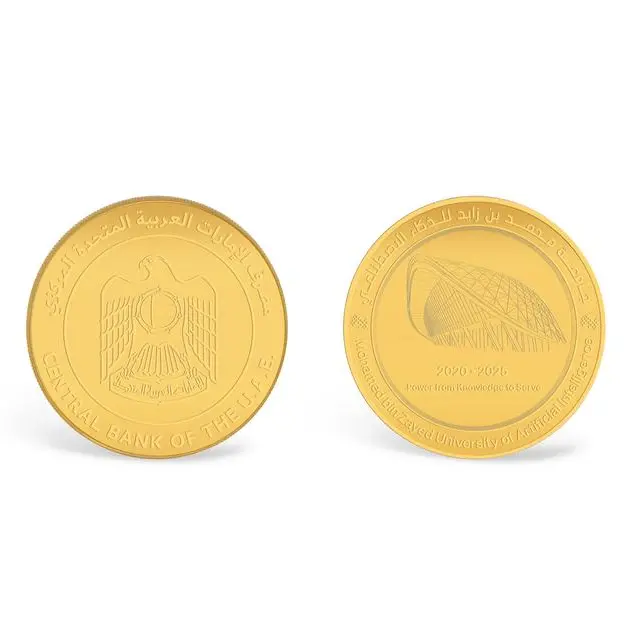PHOTO
South African President Cyril Ramaphosa appointed Enoch Godongwana, the ruling party’s head of economic policy as finance minister, in August, after Tito Moboweni, who was well liked by the investment community, decided to resign.
South Africa is reeling from the civil unrest in July that led to the deaths of more than 350 people. The country is also hard-hit by COVID-19, which saw real GDP plunge by 7 percent in 2020. It is expected to rise by 3.1 percent in 2021 but to have annual growth below 2 percent till 2025, according to the International Monetary Fund.
“Enoch Godongwana, who replaces Tito Mboweni in the finance portfolio, is an influential figure within the ruling African National Congress (ANC) and in the formation of the government’s economic policy owing to his role as chair of the party’s economic transformation committee,” the Eurasia Group has stated.
Godongwana is also expected to chart a new growth and economic transformation strategy that could see changes to South Africa’s black economic empowerment legislation, which critics argue hampers investment.
“In addition, he will likely continue his predecessor’s support for structural reforms and public investment (particularly in infrastructure and support for small, medium, and micro enterprises),” the consultancy said.
Even before the COVID-19 crisis, South Africa’s real GDP was recording anemic growth, eking out 0.2 percent GDP gains in 2019 amid electricity shortages and lack of structural reforms.
PricewaterhouseCoopers estimates South Africa experienced 859 hours of load shedding by public utility Eskom last year.
“According to PwC calculations, this cost the country an estimated R75 billion in lost GDP and an additional 450,000 in job losses,” PwC said. “Put differently, last year’s 7.0 percent decline in real GDP could have been limited to around 4.7 percent were it not for Eskom power delivery failures.”
As such, the new minister will need to address short- and long-term challenges concurrently.
The country’s unemployment rate hit a record high of 32.6 percent in the first quarter of 2021, from 32.5 percent in the final quarter of 2020, the statistics agency said in June. Most of the job losses were in construction, followed by trade, private households and the transport and agriculture sectors.
Periodic lockdowns have not helped business confidence, adding to economic uncertainty. Around 7 percent of South African citizens have been fully vaccinated, and offered support for businesses despite limited resources.
The Organization for Economic and Co-operation Development (OECD) says a progressive winding down of policy support to firms and employment is necessary to ensure that solvent firms do not go bankrupt due to liquidity shortages.
“Keeping the Reserve Bank liquidity support to the banking sector will be necessary until at least next year. Support schemes in hard-hit sectors such as tourism should not be withdrawn too early,” OECD said. “Implementing the government’s infrastructure plan and reforms to reduce the cost of doing business are key to lift potential growth.”
Nevertheless, Africa’s second largest economy, with a population of 58.56 million, remains an emerging and promising market for patient investors. The government has taken some measures to boost electricity generation and port challenges, which can boost confidence and private sector investment, according to the World Bank. In 2018, the South African government said it aims to attract $100 billion in investments to boost the economy.
“At the moment, the favourable global environment presents an opportunity for the government to take important decisions and make difficult policy choices in a situation where the global recovery supports South Africa’s growth,” the World Bank noted. “This can help smooth the adjustment needed and, combined with reforms, increase confidence in the country’s outlook.”
TRADE WITH GCC
South Africa’s trade with GCC states also dipped during 2020. Exports to the UAE, its largest export market in the Middle East, fell to $1.53 billion in 2020, compared to $1.59 billion in 2019, which was a relatively small drop of 3.77 percent. Imports from the UAE also fell by $1.2 billion in 2020 from $2.2 billion in 2019, a more pronounced 45.45 percent decline, according to International Trade Centre.
Saudi Arabia, is South Africa’s biggest source of imports from the Middle East at $2.7 billion in 2020, compared to $3.67 billion in 2019.
Oman is another major regional exporter to South Africa, accounting for $663 million in 2020, compared to $927.8 million the year before, a 29 percent decline.
The GCC countries see Africa as a major business and investment opportunity, given the continent’s huge infrastructural needs and natural resources. South Africa holds considerable significance given its economic size, its regional role and its potential role in the nascent African Continental Free Trade Area.
In August, Saudi Minister of Communications and Information Technology, Eng. Abdullah bin Amer Al-Sawaha met with his counterpart in South Africa to discuss opportunities for joint cooperation to accelerate the adoption of modern technologies and to motivate digital entrepreneurship and partnership in the field of research, development, and innovation.
Both the UAE and Saudi Arabia have separately pledged to invest $10 billion each in South Africa, focusing on energy, mining, tourism and infrastructure.
South Africa’s economy is going through a rough patch, and it will likely require some considerable reforms to right-size the economy, soothe the political tensions in the country and boost investor confidence. But long-term investors such as Chinese state-owned enterprises and the GCC’s government-related investment entities will also be looking for opportunities during this period of weakness.
(Reporting by Syed Hussain; editing by Seban Scaria)
This article is provided for informational purposes only. The content does not provide tax, legal or investment advice or opinion regarding the suitability, value or profitability of any particular security, portfolio or investment strategy. Read our full disclaimer policy here.
© ZAWYA 2021





















